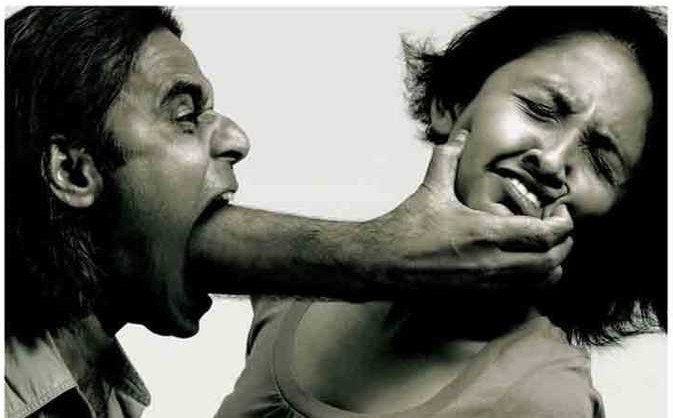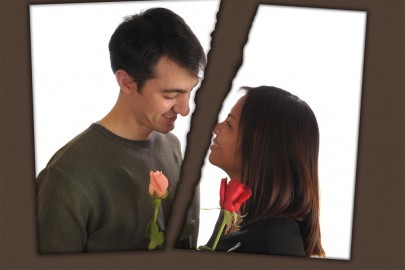Today we’ll talk about a form of emotional abuse (or psychological violence) that leaves behind invisible wounds that are just as traumatic as bodily harm.
What are signs of emotional abuse and what type of behavior shows that it is taking place.
1) Supremecy: The aggressors feel the need to control the relationship. They decide not just about themselves but for the other person, imposing their desires. They act as though the other person is clueless and constantly criticize.
2) Shame and putting down: Insults, humiliating characterizations, irony and sarcasm are amongst the tactics of emotional abuse so that the receiver feels inadequate and bad about themselves.
3) Isolation: The aggressor tries to cut their victim’s ties with the outside world so as to control the situation more. The prevention may be extended to friendly or professional relations, including familial ties. The victim may end up needing permission to do anything or go anywhere to meet anyone.
4) Threats and bullying: The victim may threaten or be violent. He may look at the victim in a threatening way or threaten to harm himself or someone that the victim loves. The aggressor may even threaten to commit suicide.
5) Emotional abuse in some cases may be defined as inexplicable jealousy or provocative behavior with members of the opposite sex.
One of the basic problems with this form of abuse is that – in many cases – people who experience it suffer but have difficulty recognizing the fact that they are being abused. They tend to demean their experience as something that isn’t important. Oftentimes the abusive behavior appears as a form of “love”. Phrases such as, “I love you but…” or “If you don’t… then I’ll…” or “if you don’t… I’ll…” may focus on love but are nothing more than criticism and disguised threats. In actual fact, what is being said is “I love you so far but if you don’t stop doing this or the other, then I’ll stop loving you.” The aggressor, in such cases, is a master at exploiting love so that it becomes a word that allows control of the victim of the abuse.
The aggressor sometimes hurts the victim more than the victim can handle. Sometimes there may be remorse (e.g. an expensive gift, words of love and “honest remorse” etc.) so as to be forgiven. In actual fact, these moments are manipulative and it is rare that such strong moments of honesty and apologies over such bad behavior are real though they are interpreted as an indication that the other person is prepared to change.
Another confusing sign is the fact that society has created a stereotype that passion and aggression go hand in hand. The two meanings are so closely intertwined that many believe thatyou can’t have one without the other. A large group of people believe that arguments, expression and jealousy are a price that someone has to pay for a deeply erotic and passionate relation.
At this point it is important to state that though there is the stereotypical belief that men are more likely to emotionally abuse their partner, this is not actually the case. Most studies show that men are more likely to use “physical abuse” whereas emotional abuse is equally used by both genders. Women, due to their weaker physical strength, are more likely to express their aggression through the use of emotional violence.
If you are a victim of emotional abuse, it is important to remember that the way you are being treated has nothing to do with your mistakes or the love that your partner feels for you. Whoever abuses usually has great talent in making the abused feel guilt and believe that the way they are being treated has to do with their own mistakes. Abusers, however, know that people have insecurities and turn these against their victims.
If you are in such a relationship, you should know that it is very difficult to turn the situation around. Strong motivation and hard work is required for an abuser to chante. The first step is to focus on your own personal reasons for creating such a relationship so that you can begin to build your self-esteem with respect for yourself.
Do you have a problem that concerns you? Our resident psychotherapist Zeta Stravopodi is willing to address any personal matters. E-mail her on z.stravopodi@gmail.com
Zoe Stravopodi-Gianno works as a psychotherapist and offers advice to individuals, couples and families. She also coordinates groups interested in achieving self-awareness and personal growth. In 2012, she established “Parents School” to give parents advice as to how to navigate the choppy waters of parenthood regarding the healthy emotional growth of their children































